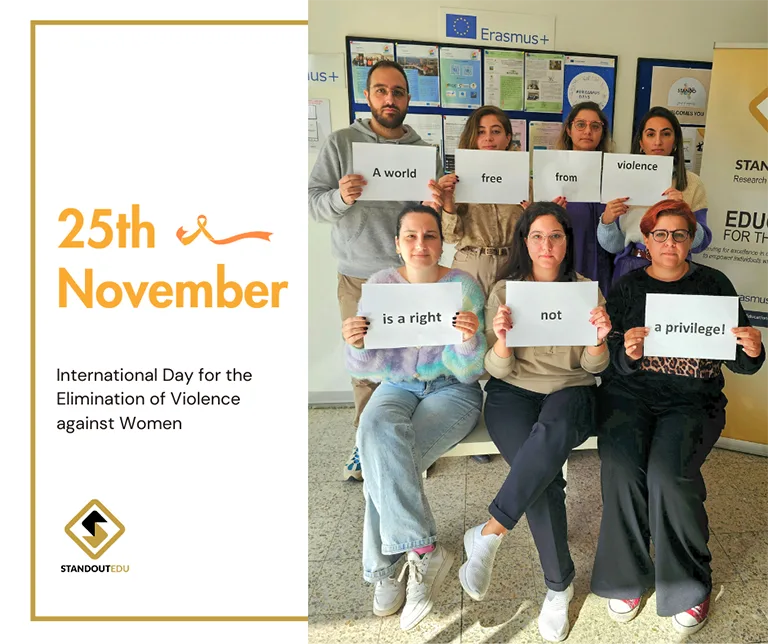The International Day for the Elimination of Violence Against Women, observed annually on November 25, serves as a crucial reminder of the pervasive violence faced by women worldwide. Established by the United Nations General Assembly (Resolution 54/134), this day is not just about raising awareness but also about fostering global solidarity and advocating for systemic change.
Raising Awareness
Violence against women remains alarmingly widespread, with 1 in 3 women experiencing physical or sexual violence during their lifetime.
Breaking the Silence
Cultural stigmas and fear often keep survivors from reporting violence. The day empowers women to share their stories, seek help, and find support while encouraging society to listen and take action.
Pushing for Policy Changes
Governments and organizations use this platform to advocate for stronger laws and policies to protect women and hold perpetrators accountable
Global Solidarity
The observance unites communities and individuals worldwide, reminding us that violence against women is a global issue requiring collective action.
Challenging Societal Norms
Rooted in patriarchal structures, violence against women stems from cultural norms that perpetuate inequality. This day challenges these beliefs, promoting respect and dignity for women everywhere.
While violence affects both genders, violence against women is systemic and uniquely pervasive, often rooted in gendered power dynamics. Women face distinct forms of violence such as femicide, domestic abuse, human trafficking, and reproductive coercion. These acts are tied to societal expectations and discriminatory practices.
Women have historically been excluded from equal access to resources, education, and representation, making them disproportionately vulnerable to violence. Addressing violence is key to dismantling these inequalities. Violence against women is deeply tied to cultural roles that restrict their autonomy. For example, domestic violence often stems from the belief that men hold authority in private spaces. The day highlights not only the struggles but also the strength and resilience of women. Empowering women creates ripple effects, strengthening families, communities, and entire societies.
Although men and boys experience violence, their cases are typically not rooted in systemic gender discrimination. The violence against women stems from entrenched societal structures that perpetuate male dominance, making it a unique issue that requires focused attention.

This day is not just a moment for reflection but an urgent call for change. Ending violence against women is not just about protecting individuals—it’s about advancing human rights, achieving gender equality, and fostering a more just and equitable world for all.
We are taking action by developing a project proposal focused on preventing gender-based violence (GBV) in schools. This initiative aims to equip teachers with tools like scenario-based learning, empathy training workshops, and emotional intelligence toolkits to recognize, address, and prevent GBV among adolescents.
We are inviting partners and associated partners to join us in this important mission. Together, we can foster safer environments for young people and create lasting impact in education systems.
For more info regarding the project please contant us at moc.udetuodnatsobfsctd-553da1@ofni.

Myrianthi Karantona
Project Manager
Powered by Solid Posts



